Educate children through direct experiences | Part 42

Source
Direct experiences generate in children a radical and positive change around the acquisition of knowledge. Being one of the most effective strategies that guarantee learning.
To provide the opportunity to experience, is to allow being part of something, to enjoy the knowledge that enriches and reinforces the skills.
Being something tangible, it manages to awaken all the senses and put into practice what has been learned, besides stimulating a new learning that is fundamental for personal and professional development.
Direct experience in the ecology project.
This activity is favorable for the love of mother nature and what surrounds the physical and sustainable space of humanity.
It is important that students become aware, love and respect the place that allows them to live. Then, this activity is a precursor, sensitizer and sustainable of the correct habit that must be followed, to achieve a habitat in safe and stable conditions.

Source
When children come into direct contact with nature, with a pure and refreshing air, without pollution, in a desirable place to live, it is clear that the protection of the planet depends only on man, who is responsible for maintaining order, thought solidarity with what surrounds it and give sustenance to the quality of life.
Children will learn everything that ecology includes from the most insignificant, to what adds great value. To belong and be part of Mother Earth, giving it the attention it deserves.
Objectives of the direct experience with the ecological project.
- Sensitize children to care for the environment.
- Train them as responsible people for their actions.
- Value the water, the soil, the earth.
- That the children act for the benefit of Mother Earth.
- Make ecological projects have a positive impact of conscience and management as citizens.
- Achieve to do with recycling material, useful crafts.
Role of the educator, so that the experience with the ecological project is of benefit.
The educator is a stimulant in all aspects of the word, it is his duty to train the children of tomorrow with correct thinking, to guarantee the protection of the place where they live and for this to exist and allow the lives of many more people.
It is important that children learn, understand and put into practice the appropriate duty as citizens, that is why the educator should give talks on the subject to create responsibility in the students.
What should the educator inform?
- "What you give, you have to receive it", and if you treat someone who allows you to live in stable conditions in a wrong way, then you are contributing to their self-destruction.
- It's wrong to litter the oceans.
- It is an unpleasant and harmful act not to take care of who gives you the healthy conditions to live.
Learning and fun activities in the ecological project.
The ecology project for this activity will consist of a maximum of five days, to directly experience an effective and meaningful learning, in relation to the environment and everything that is contemplated.
It will be based on activities from the beginning of the school week, that is: Monday, Tuesday, Wednesday, Thursday and Friday, for a great adventure of conscience and sensitivity. Each day, corresponds to a different theme, wanting with this, not to bore, educate and enthuse students to continue to know the topic of ecology and in this way, children investigate and discover for themselves their importance, contributing with notions acquired and of benefit.
Activities:
Educational talk about ecology.
To begin to learn this beautiful subject, since it is to preserve life, species and care of the planet, a joyful and dynamic explanation will be given with questions related to the topic of ecology, such as:
Do you know what ecology means? From there, it begins with representative images of ecology and its importance.
Have you done an ecological job? In this case, the crafts are shown with recycled material, which although for many people is a waste, can really do great jobs and also minimize the inappropriate use of the product for the deterioration of the planet.
The important thing of this preamble is to know, what can be done by taking the necessary measures to not contribute to the deterioration and destruction of our beautiful home.
Activity 1, day Monday.
Waste selection. As expected, children have to learn the importance of selecting and classifying waste according to their composition.
According to this, the children will realize that there are containers that are used to insert in them the different waste or materials that are in disuse.
The educator to make the activity more fun, can put in each trash basket, basketball hoops. This will allow children to be enthusiastic about throwing away garbage, seeing it as flashy and in this gaming style, always making reference that more than a game, it is a responsibility that must be exercised.
Materials to select:
- Glass.
- Plastic and / or cans.
- Paper and / or cardboard.
- Waste.
- Organic recycling.
Activity 2, Tuesday.
Theatrical play of the environment and what composes it. It will be fun for children to overflow creativity and imagination to do a play, express the feeling of nature, when it is contaminated and when it is preserved.
Each child will make the representation of water, land, plants, among others that are part of the planet and that require their care to provide man a decent place to live.
Activity 3, day Wednesday.
Plant transplant. Encourage children to care for plants and keep them in good condition, since forming lush and majestic trees provides them with essential oxygen.
As educators, we must explain to the students that plants are living beings that breathe and also feel. And they must be cared for to provide what is necessary on earth.
Activity 4, day Thursday.
Painting. The educator in this activity will ask to make murals referring to the earth, preservation, life cycle, the positive and negative of doing the right thing to maintain air, water, land, and living beings in stable conditions so that they are of benefit.
The students draw in their opinion, perception, understanding and reflection what Mother Earth implies and its importance.
Activity 5, on Friday.
Mosaics. It becomes essential in this activity, children learn to work with recycled material, understanding the many uses that can be given to them, to make works of art.
The educator will ask them to make a mosaic of the planet, and in this way it will have an emotional and important meaning for them.
When working with recycling material, it is given the value it deserves, after the previous use has been given, understanding that there are infinite ways of use, which helps to minimize the waste approach that affects the environment.
Activities to do in the classroom, when the direct experience ends.
It is important not to let what is learned in the direct experiences be only stimulating for learning, for that reason, the educator can implement after the previous activities, different proposals in the classes.
Example, experiments such as: The importance of nature and the care of the soil.
When the plants are in good condition on the ground and they are ready to grow, that is beneficial, and it is seen in the purification of the water.
If the land is contaminated, what can be expected to receive, is diseases and deterioration that do not lead to anything good.
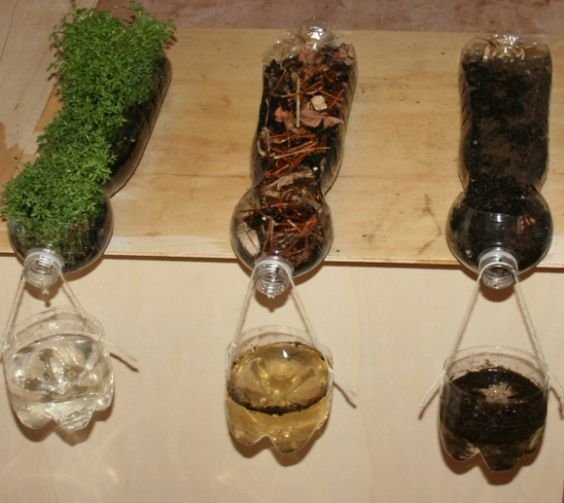
Source
For the experiment, you will need:
- Three containers:
- One that contains soil with healthy plants.
- One that contains dirt with dry leaves.
- One that contains unhealthy land.
- Water.
- Container to verify the healthy or unfavorable content.
I hope this activity is useful, to create awareness and value, for respect for Mother Earth.
Learning is fun, and if we give students useful tools, it will be even easier to perceive the information.

By educating with awareness, we are creating a sense of responsibility and that is important for the development of the individual, from childhood to adulthood.
Greetings educators and motivators of education.
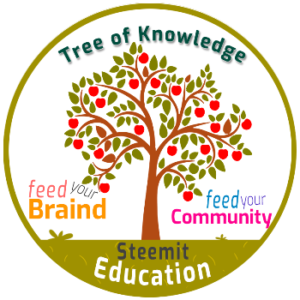
@SteemitEducation
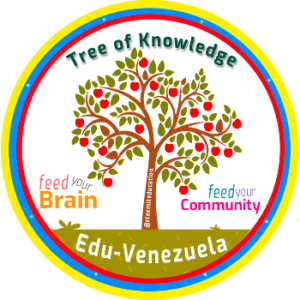
@Edu-Venezuela
Posted from my blog with SteemPress : http://cindycam.vornix.blog/2018/07/25/educate-children-through-direct-experiences-part-42/
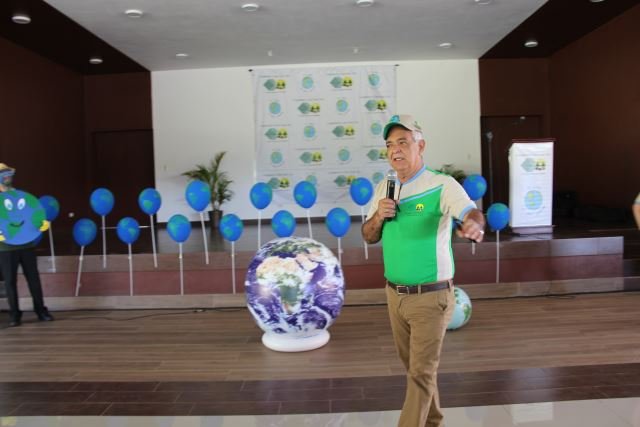
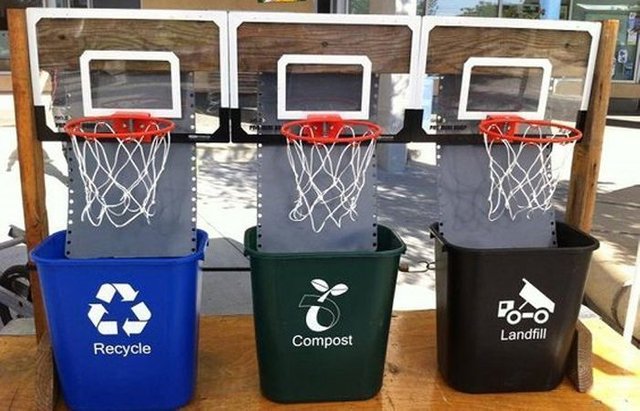
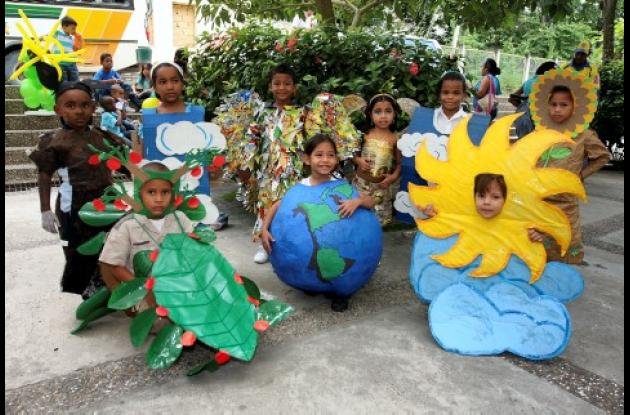
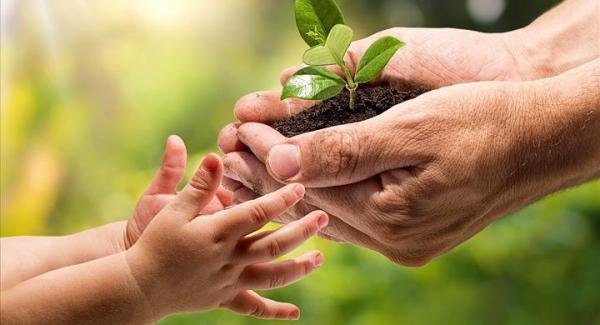
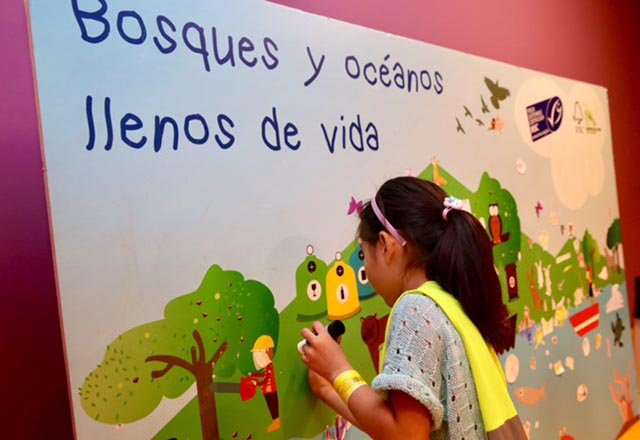
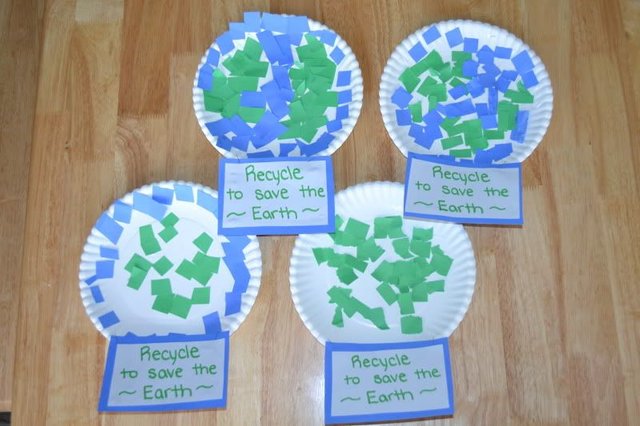
Excellent article. I learned a lot of interesting and cognitive. I'm screwed up with you, I'll be glad to reciprocal subscription))
Very good articulo thanks of the infor
Children education is among the most important topics in my life. Child's education is the best investment for the world's good future to my mind.
It certainly is, do not doubt that. When they feel like looking at what the future holds passionate to want to explore.